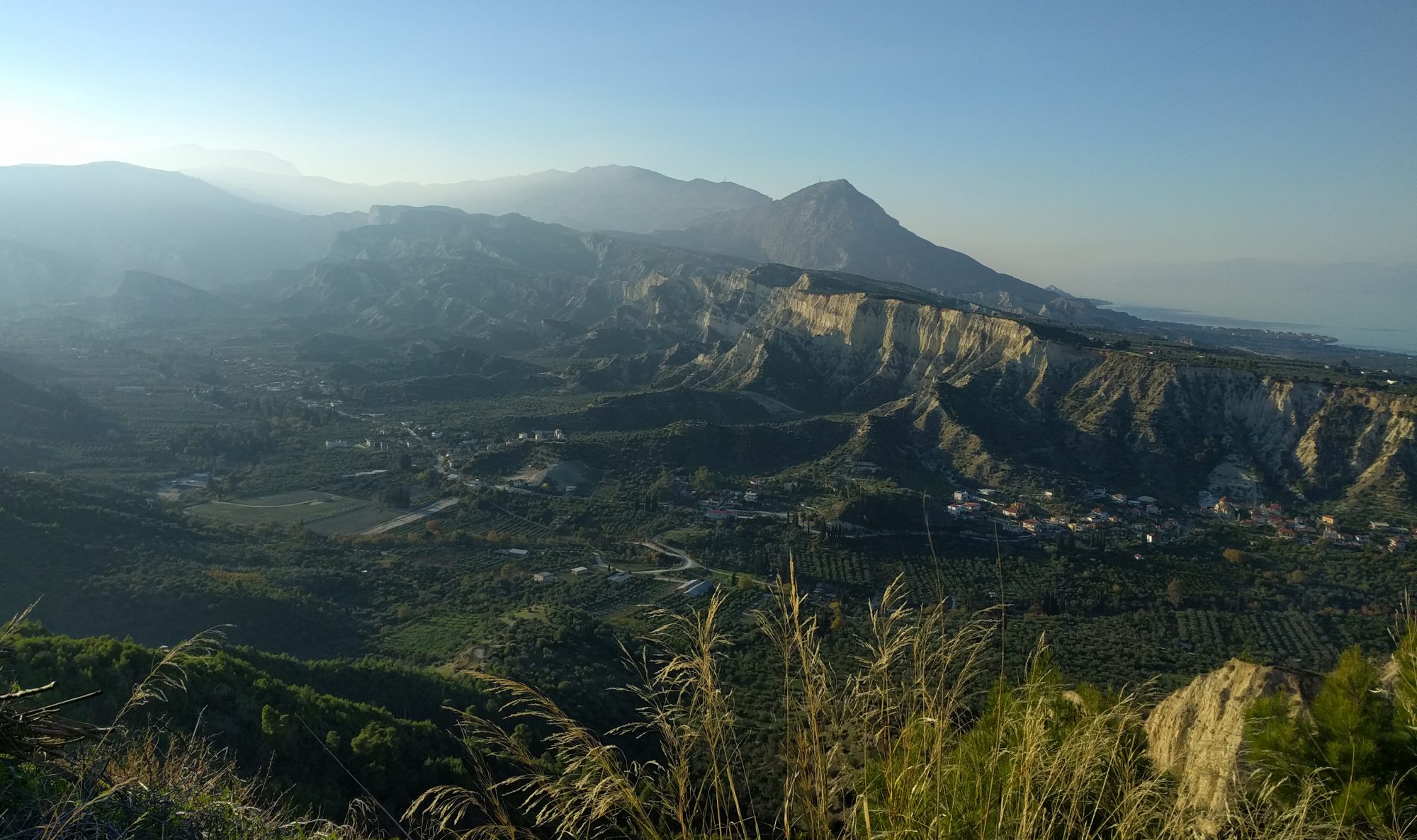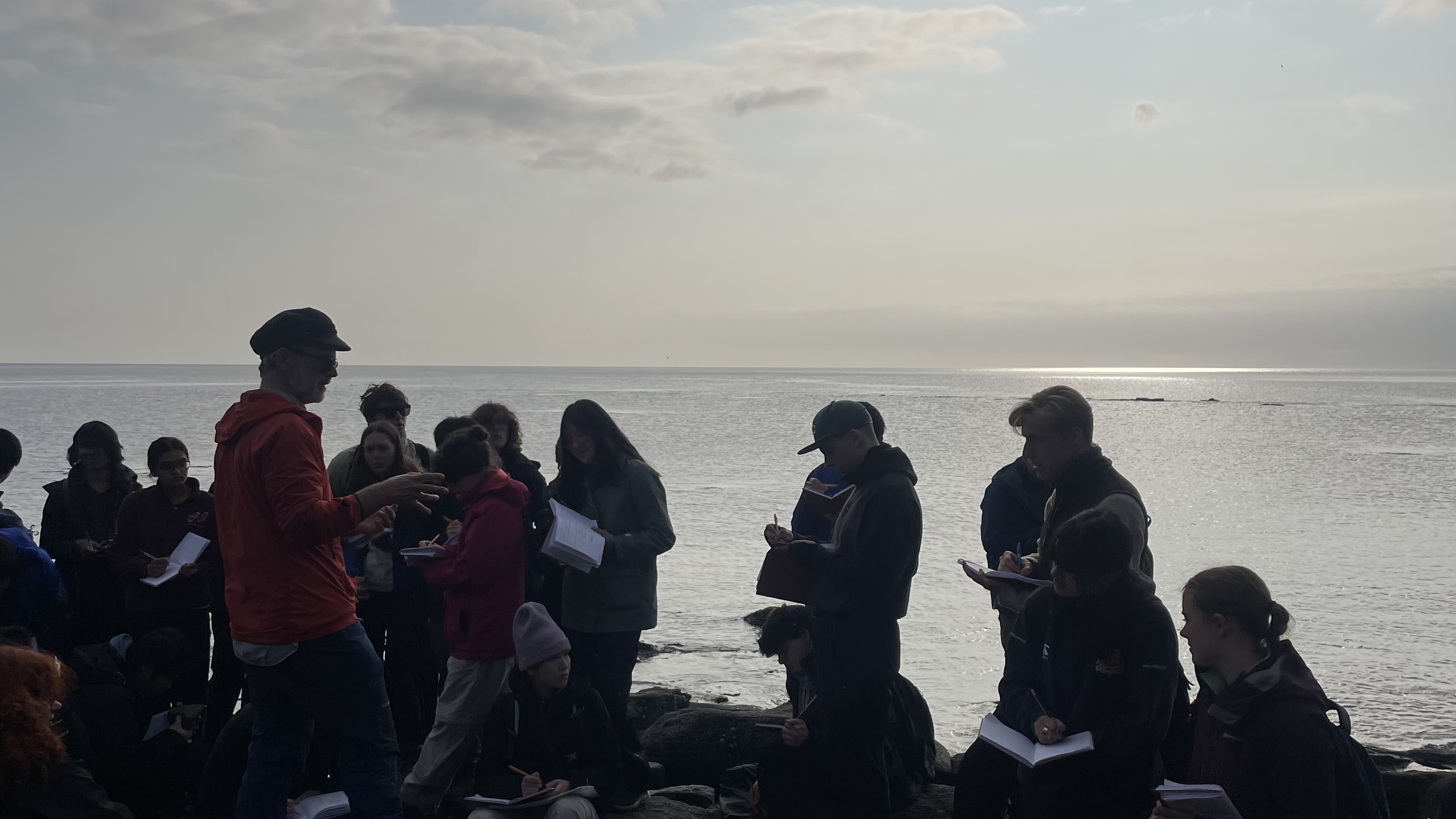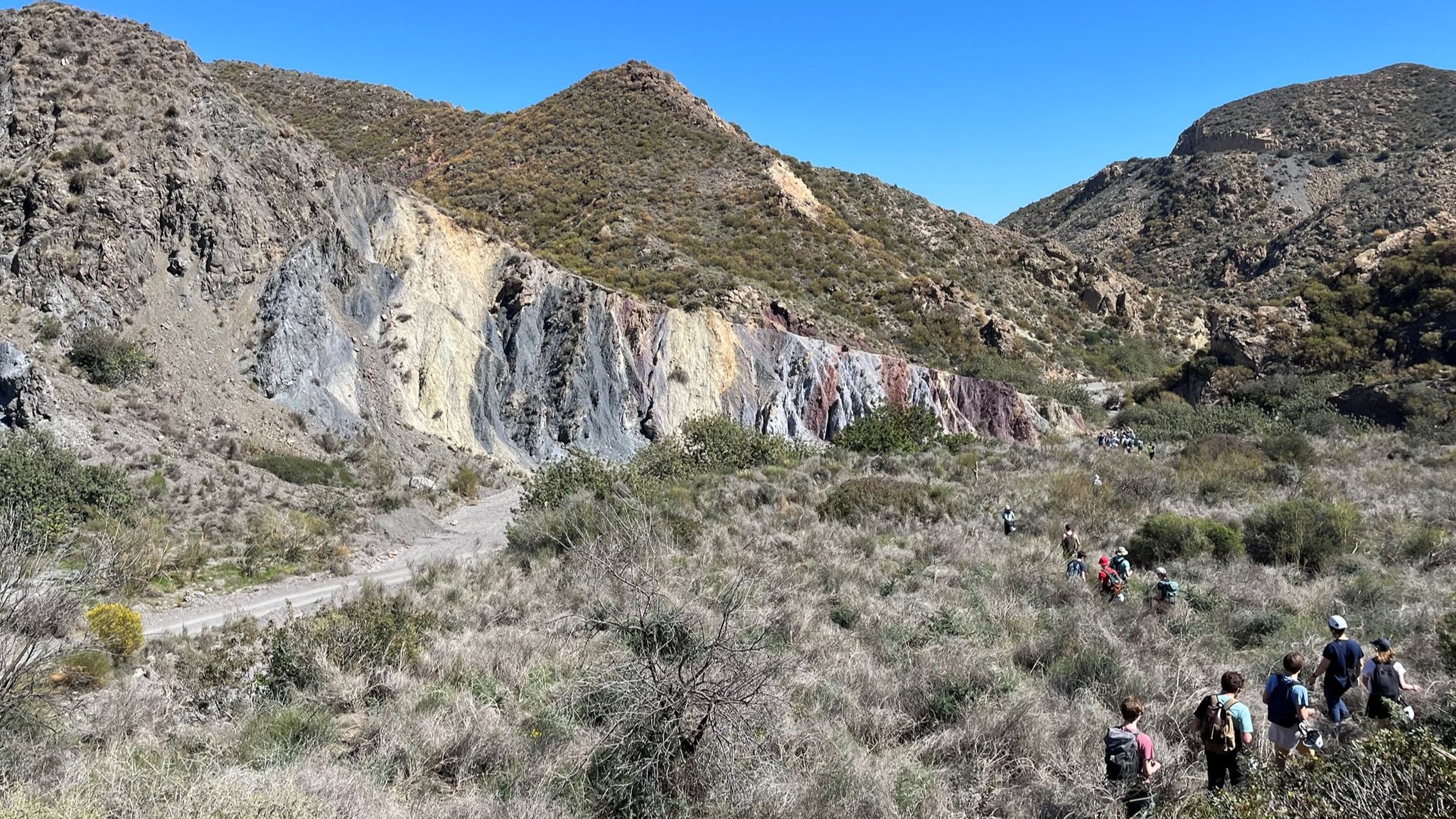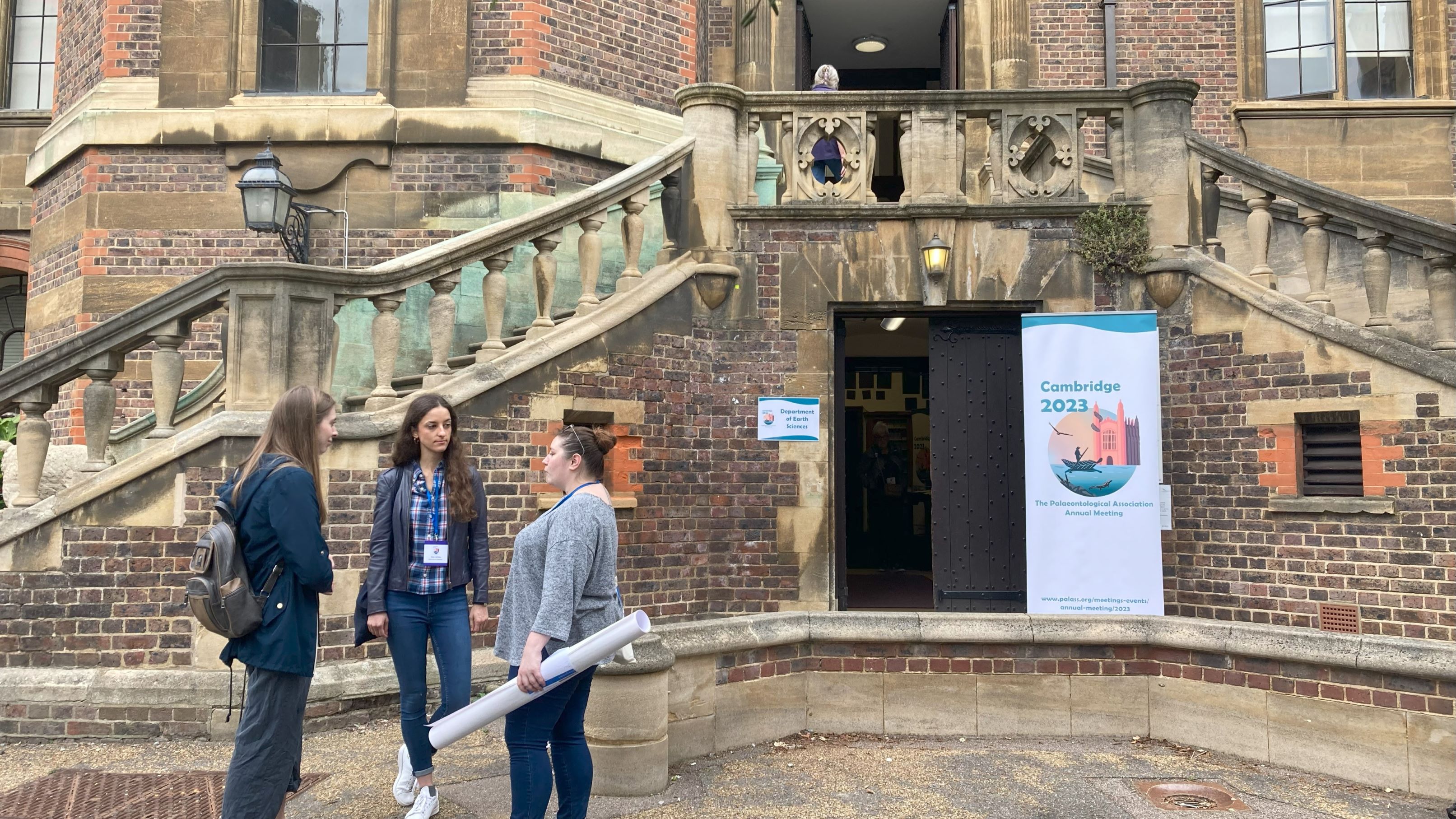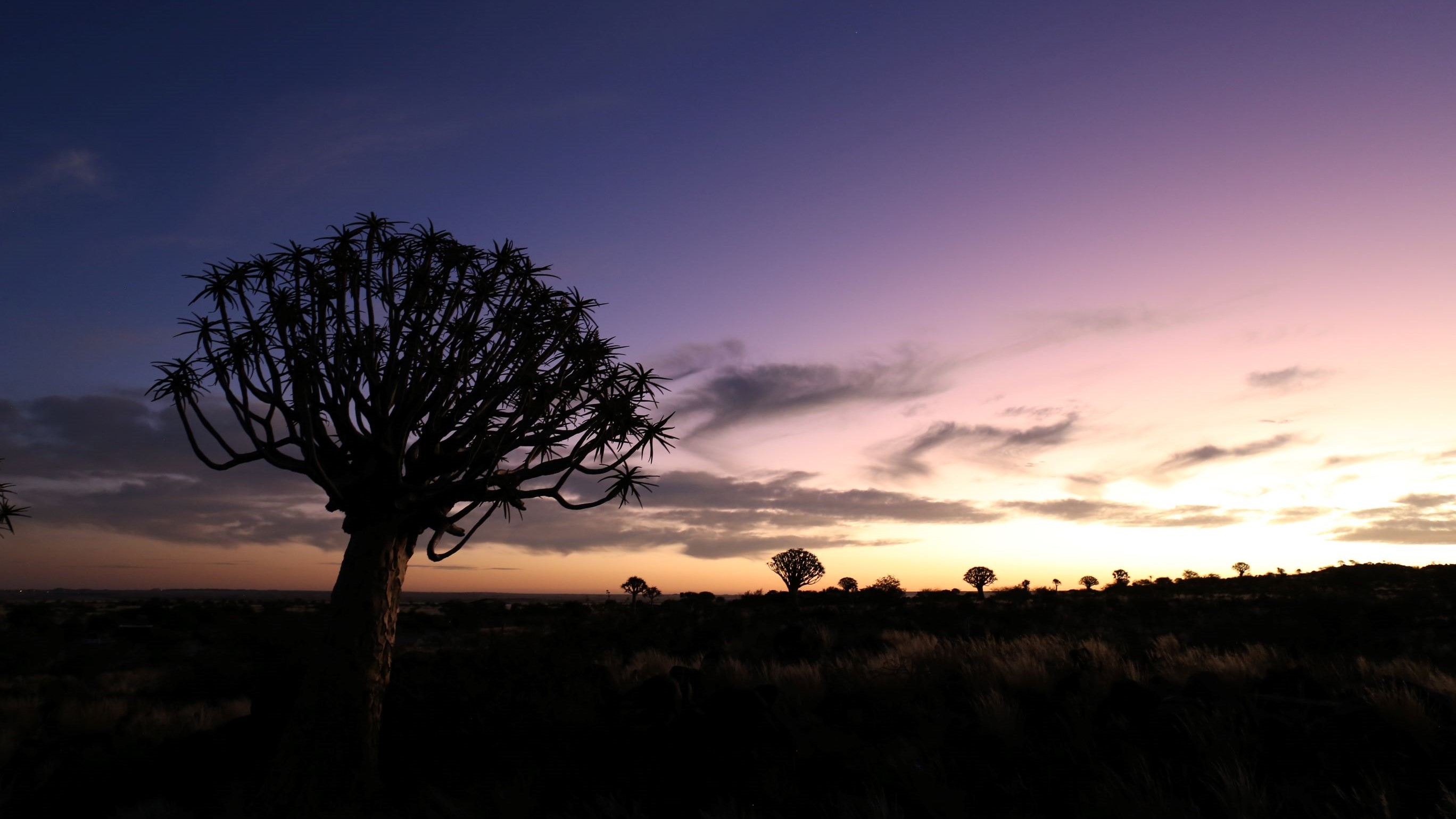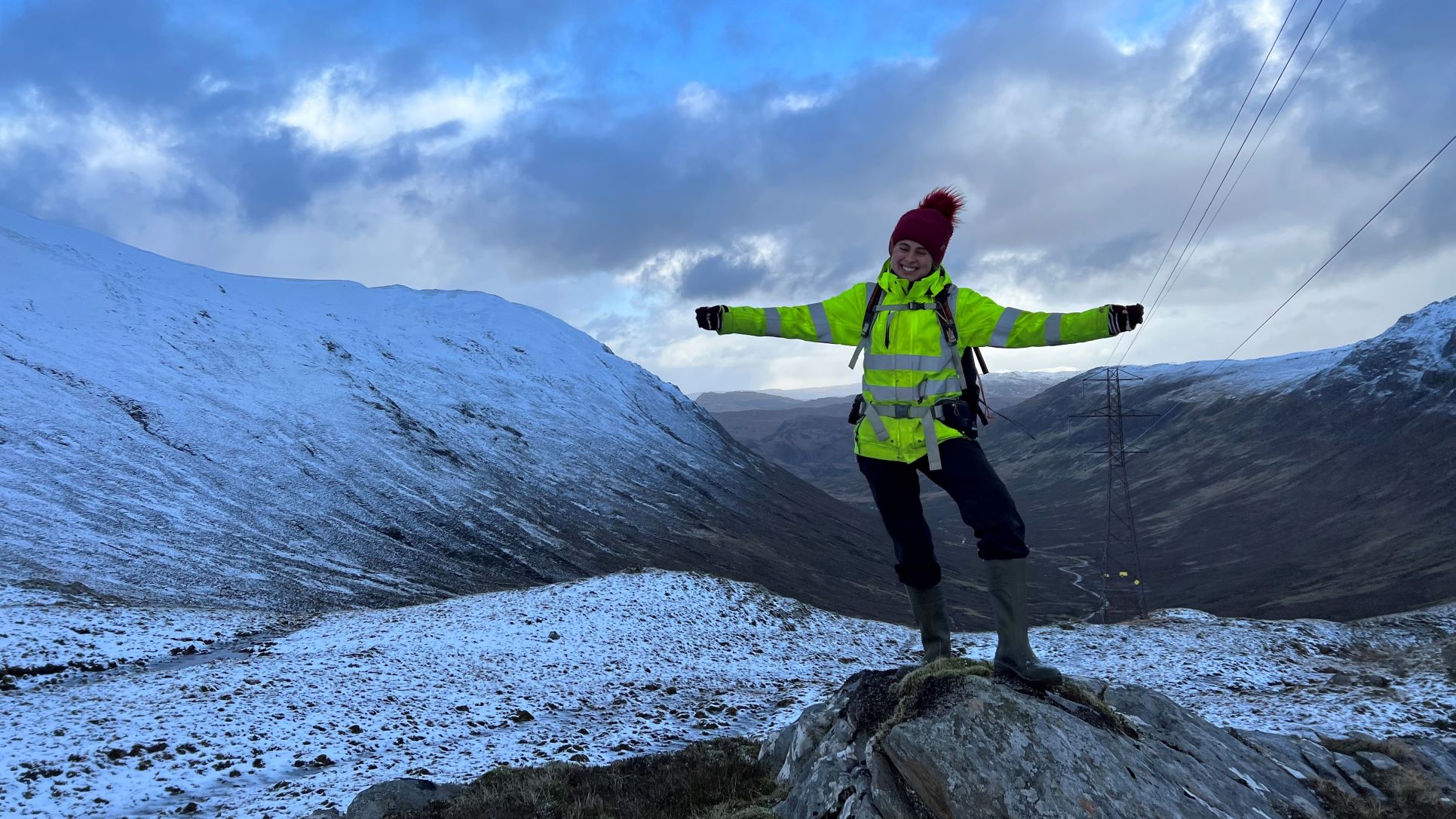Rocking Around Arran: Cambridge First-Year Earth Sciences Field Trip 2025
“If I were to be trapped on a remote island by an all-powerful geologist for a week, Arran would be near the top of my list for the sheer range and beauty of its history. Trekking across the coast with hand-lens and friends close by was truly memorable and even more so when Ed Tipper used his extensive skillset to try convince us that crinoids grew to the size of a small town.” (Shifat, 1st year Natural Sciences student)
After weeks of lectures, practicals, and plenty of prep back in Cambridge, the long-anticipated first-year undergraduate field trip to the Isle of Arran finally began! This week-long geological journey took us across 600 million years of Earth’s history—from the late Precambrian to the Palaeogene—packed into one spectacular island off the west coast of Scotland.
Continue reading “Rocking Around Arran: Cambridge First-Year Earth Sciences Field Trip 2025”A Field Journey through the Messinian Salinity Crisis and Beyond
During the Easter holidays, 31 Part III Earth Science students and 8 demonstrators travelled to southeastern Spain (Almería) for the students’ final fieldtrip. The region’s complex geology offered something special for everyone. Over six days in the field, we moved through geological time and explored the diverse environments—from metamorphic basements and Miocene reef outcrops, to orbitally paced sedimentary cycles and gypsum beds, and on to turbidite deposits, volcanic centres, and strike-slip fault zones.
From magma to magnets: a summer of fieldwork in Greenland investigating critical metal behaviour in alkaline intrusions
This summer Carrie Soderman, Owen Weller and Charlie Beard headed to Greenland to investigate how metals critical for green technologies form.
Rare earth elements (REEs) are classed as ‘critical metals’ in modern society, meaning a group of metals and minerals that cannot be easily substituted in technology but whose supply is at risk. In particular, the REEs are a vital part of green energy transition technologies, such as the magnets that go inside motors for wind turbines and electric vehicles. Demand for these elements is therefore expected to increase rapidly in the coming decades.
Continue reading “From magma to magnets: a summer of fieldwork in Greenland investigating critical metal behaviour in alkaline intrusions”Palaeontological Association 2023 conference comes to Cambridge
Annabel Hunt is a second year PhD student studying the evolution of the theropod palate in the Field Palaeobiology Research Group at the Department of Earth Sciences. Here, Annabel reports back on attending the 2023 Palaeontological Association Annual Meeting.
Continue reading “Palaeontological Association 2023 conference comes to Cambridge”In Conversation with Alex Liu
Dr Alex Liu joined the Department of Earth Sciences in 2016 and is an Associate Professor in Palaeobiology and a Fellow of Girton College. He reflects on his work with Erin Martin-Jones.
Continue reading “In Conversation with Alex Liu”What does it mean to be a Geotechnical Engineer? Anna Prescott explains
Anna Prescott studied Natural Sciences at Cambridge and is now a Senior Engineer with CGL — a geotechnical consultancy. Anna discusses her move into industry and the role of an engineering geologist in this blog post.
Continue reading “What does it mean to be a Geotechnical Engineer? Anna Prescott explains”Exploring the environments inhabited by Earth’s earliest animals in Namibia
Fossils of the Earth’s earliest animals appear abruptly in the geological record ~574 million years ago (Mya), and then suffer a mysterious decline in diversity just a few million years later ~550 Mya. Some researchers consider this biological change to be Earth’s first mass extinction event.
Continue reading “Exploring the environments inhabited by Earth’s earliest animals in Namibia”